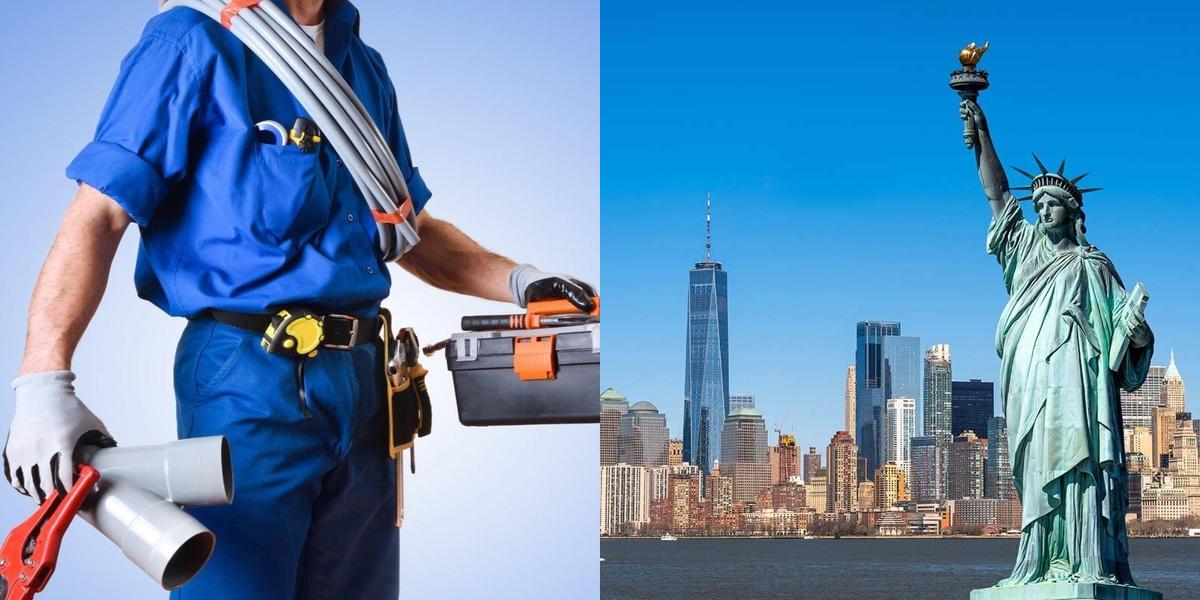How to Become a Plumber in New York

According to a study published in Nature in January 2024, 24,700 NYC households lacked running water between 2017 and 2021—despite a 58.6% drop since 2000, that’s still the highest count among U.S. cities. This highlights the ongoing need for skilled plumbers to maintain, repair, and expand vital water infrastructure.
If you're thinking about joining this high-demand trade, here’s exactly how to become a licensed plumber in New York—from training and apprenticeships to exams and job opportunities.
5. Land Your First Plumbing Job
With training, a license, and insurance in hand, apply for plumbing jobs with service companies, construction firms, or consider launching your own business.
Finding Plumber Classes in New York (Dreambound)
Dreambound is a one-stop platform for plumbing education. You can browse nearby programs, filter by price or schedule, and enroll online. This streamlined approach makes it easier to kickstart your training and enter the field.
Frequently Asked Questions
How long does it take to become a plumber in NYC?
On average, 6–24 months of formal training plus a 2–5-year apprenticeship are required. Completion timelines vary based on your chosen school, apprenticeship duration, and local licensing prerequisites.
Do plumbers make good money in New York?
Yes. Per May 2024 BLS data, New York plumbers earn $84,510/year on average, significantly above many other trades. Specialized or senior roles can push earnings even higher.
How much is plumbing school in NY?
Program costs differ. Vocational schools may charge $3,000–$15,000+, depending on course length and resources offered. Most schools provide financial aid or payment options.
What is the fastest way to become a plumber?
- Short-term vocational course (6–12 months)
- Entry-level apprenticeship (2–3 years) to fulfill hands-on requirements
- Licensing exam after meeting experience criteria
Final Thoughts
Plumbers play an essential role in ensuring every household has access to reliable, safe water systems. Despite improvements, thousands of NYC residents still lack consistent running water—underscoring the need for skilled professionals. If you’re considering this high-demand, well-paying trade, follow the path above to become a licensed plumber in New York and make a meaningful difference.
For more vocational options, check out:

Winlynd Caballero is a member of Dreambound's Sales team. She helps in handling the company's finullcial transactions, generating reports, and school sales. Beyond her responsibilities in the realm of numbers and business, Winlynd finds herself deeply immersed in a world of art and music.



